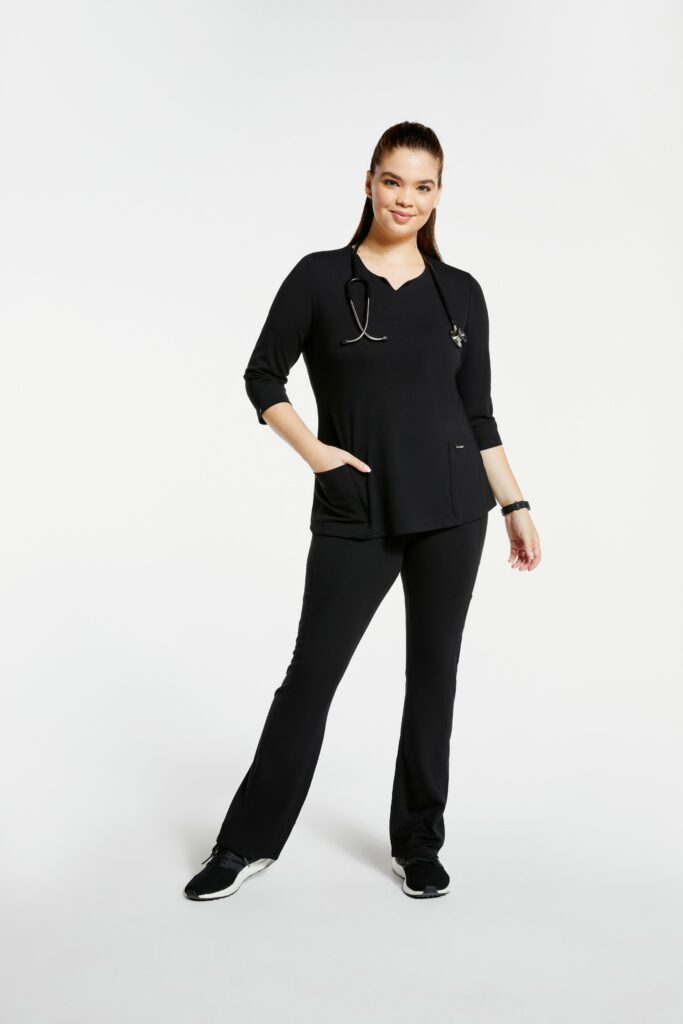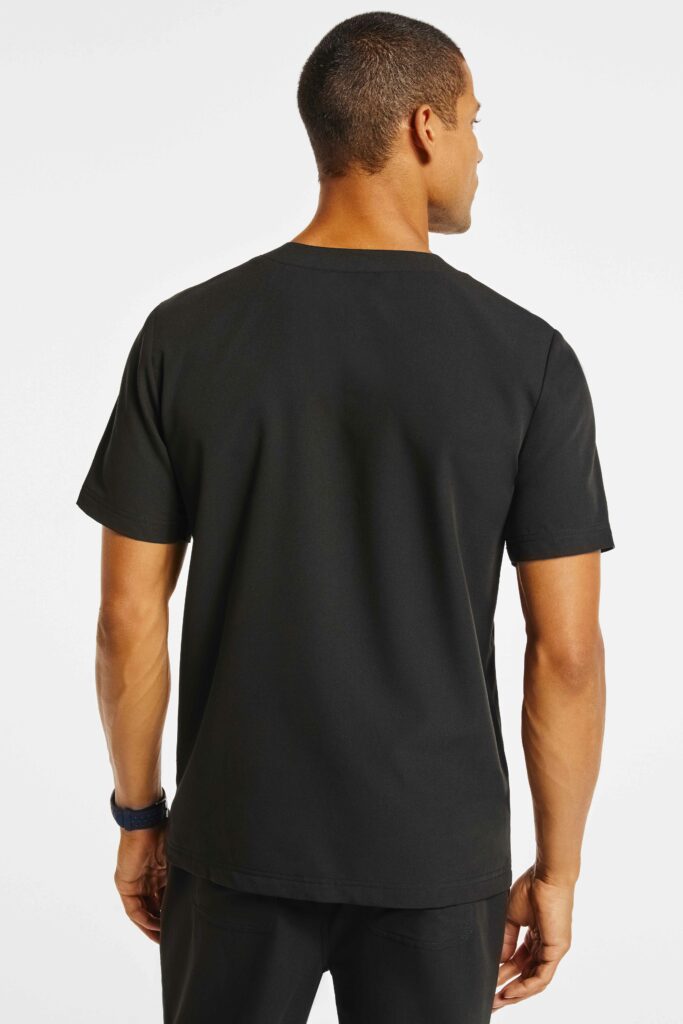If you want to work with the heart—literally and figuratively—consider becoming a cardiac nurse.
Not only is it gratifying, focused work, but it also brings many exciting opportunities. There are various settings where you can perform your duties as a cardiac nurse, and you can focus even more deeply on a certain type of care within your field by becoming a cardiac cath lab nurse or cardiac rehab nurse, for example.
Below, we’ll explore what it takes to become a cardiac nurse as well as the specific duties and rewards of this career. Start looking for a stethoscope that pairs well with all your favorite scrubs, as it’s about to become your No. 1 accessory.
What does a cardiac nurse do?
Working alongside cardiologists, cardiac nurses provide direct patient care to individuals with heart failure or heart disease or who have suffered a heart attack. They assess patients’ needs, administer medication and help implement treatment plans.

A cardiac nurse’s role depends on the setting in which they work. For example, they may use defibrillators to help patients in emergency situations such as cardiac arrest. In a recovery setting, they may monitor a patient’s condition. Wherever they work and in whatever capacity, they attend to matters of the heart.
What are the duties of a cardiac nurse?
So, what duties are at the heart of this role? Cardiac nurses are responsible for the following tasks,
- Monitoring electrocardiogram and stress test readings
- Administering medication
- Inserting and removing IV drips
- Assessing patients
- Implementing treatment plans
- Taking care of postoperative patients
- Acting as a liaison between the care team, patients, and their families
- Educating patients on how to live a healthier life
How to become a cardiac nurse
The road to becoming a cardiac nurse is challenging, but it’s also exhilarating. If you’ve decided on this career path, you are passionate about medicine and taking care of others, and your education will help you learn more about both of these things. Here’s what your journey will entail.

Get your college degree
To practice nursing, you’ll need to earn either an Associate Degree in Nursing (ADN) or a Bachelor of Science in Nursing (BSN). Both of these degrees will prepare you well for a variety of careers, including that of a cardiac nurse, but if you are unsure where to start, we recommend a BSN. As a more advanced degree, it sets you up well for pursuing postgraduate studies or specializations like neonatal nursing, oncology nursing, and countless others later on.
Get your license
All registered nurses (RNs) must pass the NCLEX-RN to get certified and be able to practice. Your undergraduate nursing program will prepare you well—and all those late nights of studying will help, too. Once you’ve passed the exam, you can apply for licensure from your state.
Get some experience
Work in the cardiac nursing field to become familiar with the ins and outs of the specialty. You’ll need to be able to show for this work later on when you apply for a specialization course, so we recommend jumping into an entry-level career in cardiology instead of starting out in a more generalized nursing role.
Get a cardiac nurse certification
By earning your cardiac nursing certification, you’ll become a more attractive candidate for jobs in the field. To enter a certification program, you’ll need to show 2,000 clinical hours in cardiac nursing, along with 30 hours of continuing education work. There are several certification options such as,
- the Cardiac Vascular Nursing Certification (CV-BC) from the American Nurses Credentialing Center (ANCC)
- the Advanced Cardiovascular Life Support (ACLS) certification
- the Cardiac Surgery Certification (CSC)
- the Cardiac Medicine Certification (CMC)
- the Basic Life Support (BLS) certification
Where do cardiac nurses work?
Where you work impacts your happiness as a professional. Some nurses fare better in fast-paced environments, while others prefer regular hours and a slower pace. When you plan your career, don’t underestimate the importance of the workplace. It can make a huge difference in your stress levels and job satisfaction. Here are some settings where cardiac nurses usually work (hospitals, generally).
- Intensive care units (ICUs)
- Cardiology units
- Surgical units
- Critical care units
- Cardiovascular departments
- Cardiac catheterization labs
What is the career outlook for a cardiac nurse?
The good news is nursing jobs are on the rise. The U.S. Bureau of Labor Statistics expects a 9% increase in job openings by 2030, and the growth of the cardiac nursing specialty should be on par with this projection.

What’s money like in this profession? On average, the annual cardiac nurse salary is $88,000 in the United States, but pay depends on experience level and location. However, if you specialize in a certain type of cardiac nursing, you may earn more. A cardiac ICU nurse’s salary comes closer to $100,000 annually.
For a salary boost into the six-figure range and a career in advanced practice nursing, consider furthering your studies and becoming a cardiac nurse practitioner. The average cardiac nurse practitioner’s salary ranges from $112,000 and $127,000 per year.
As you prepare to take on your career in nursing, let us guide you through the world of scrubs and set you up with the workwear (and post-work loungewear) you need to remain comfortable and feel good. Healthcare workers deserve the very best, and we aim to provide you with the best garments possible.

